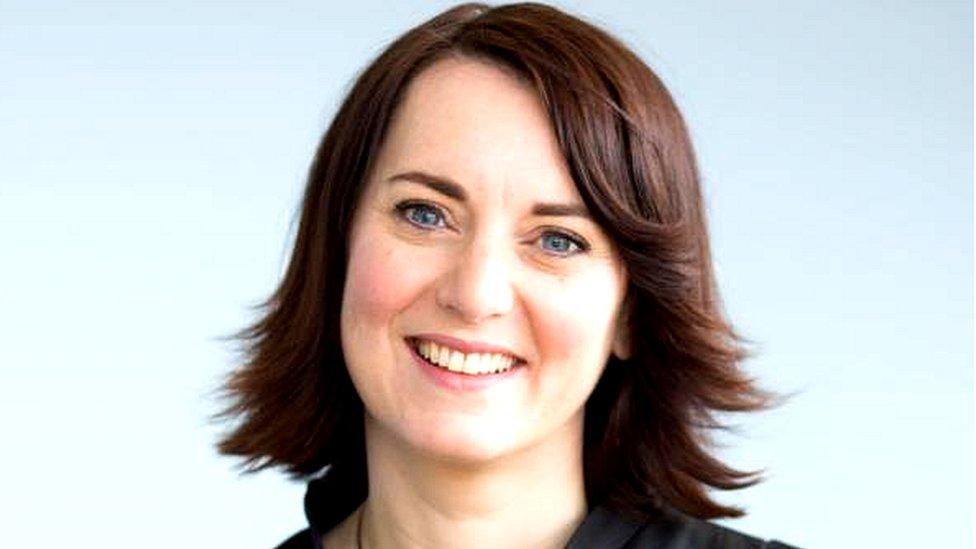Coronavirus: Government funds study into how pubs could open
- Published

Researchers at the University of Stirling are to look at how pubs, clubs and restaurants could safely reopen.
They are studying the viability of easing the coronavirus lockdown measures for licensed premises.
The project is being funded by the Scottish government and will look at a wide range of implications, including consumption, intoxication and violence.
Prof Niamh Fitzgerald, the lead researcher, said one option might be to "ease restrictions partially".
The study will assess the impact on the emergency services, including the ambulance service, at a time when they are under increased strain.

Prof Fitzgerald says the research will look at whether people might drink more when pubs reopen
Prof Fitzgerald said: "Governments and the public are very interested in how licensed premises may begin to reopen - but there are risks involved.
"Whenever restrictions ease, businesses may seek to recoup losses and customers may choose to celebrate by drinking more than usual.
"The actions of businesses and consumers could have implications for how intoxicated people get, and have a knock-on impact on our emergency services."
Ambulance call-outs
She added: "We will consult with a wide range of businesses, staff, policymakers and experts.
"One option could be to ease restrictions partially, or in a staggered way, potentially with measures remaining in place around sales, opening hours or venue capacities to minimise harm and impact on the emergency services."
Prof Jim Lewsey, of the Institute of Health and Wellbeing at the University of Glasgow, is also involved in the research.
He said: "This study has only been possible because it builds on a strong existing collaboration with the Scottish Ambulance Service, to better understand the impact of alcohol on ambulance call-outs more generally.
"We are delighted to have the opportunity to support the service with relevant research at this challenging time."